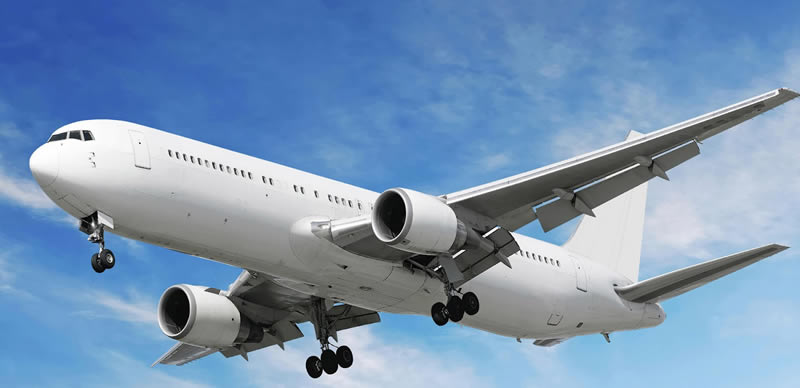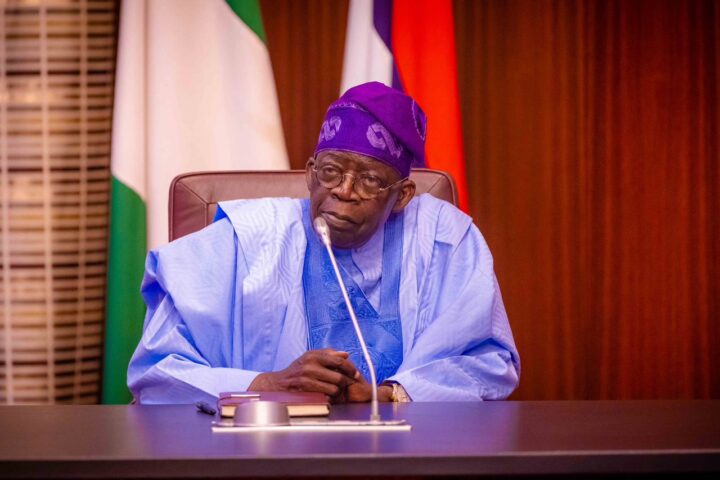No more Domestics flights Soon as Aviation fuel hits N1,300 per liter and passenger nos shrinks. Abayomi Odunowo.
The Airline Operators of Nigeria (AON) have raised concerns over the high cost of operation in the aviation industry, particularly in light of the skyrocketing price of aviation fuel, which has surpassed N1300. The association has also highlighted the challenges posed by the weakening Naira and the exchange rate, which has reached over N1,500 to a dollar, making it increasingly difficult for airlines to carry out essential maintenance for their aircraft.
This worrisome situation has prompted the grounding of aircraft that are due for maintenance, as they cannot be ferried overseas due to the scarcity of forex. As a result, the operators have expressed fears of an existential threat, warning that the continuous depletion of equipment without replenishment could potentially lead to a scenario where the country does not have enough operating aircraft for domestic services.
It is evident that the current economic climate has put undue strain on the aviation industry in Nigeria, threatening the operations of airlines and posing significant challenges for the sustainability of domestic air travel. As such, urgent intervention and support from relevant authorities is necessary to address these pressing issues and ensure the continued viability of the aviation sector.
As the spokesman of the Airline Operators of Nigeria (AON), Obiora Okonkwo recently made a statement highlighting the urgent need for government intervention to prevent the potential collapse of several airlines in the country. According to Okonkwo, the lack of stability in foreign exchange and the skyrocketing price of aviation fuel, which now stands at N1,300 per litre, have significantly impacted the airlines’ ability to plan and operate efficiently.
Furthermore, Okonkwo emphasized the dire situation by explaining that passengers who had previously purchased tickets at a time when aviation fuel was priced at N700 per litre and the exchange rate was N800/$1, are now being airlifted at the current price of N1,300 per litre and an exchange rate of N1500/$1. This has led to substantial financial losses for the airlines, who are struggling to absorb the increased operational costs.
In essence, Okonkwo’s statement serves as a clarion call for the government to step in and provide the necessary support to the aviation industry. Without timely intervention, the viability of many airlines is at risk, and the government may find itself in the unenviable position of being their undertaker. It is imperative for the government to address the issues of foreign exchange stability and the exorbitant cost of aviation fuel in order to safeguard the future of the aviation sector in Nigeria.
The aviation industry in Nigeria is facing significant challenges due to factors beyond its control. The scarcity of dollars has led to increased costs across the aviation ecosystem, resulting in financial strain for both airlines and passengers. Handling companies, airports, and aircraft service providers have all raised their fees, ultimately passing these costs on to the already financially burdened passengers. As a result, many entrepreneurs, who are crucial to the success of the industry, are opting not to travel, and tourism and social engagement-related travel are insufficient to sustain airline operations during the current low season.
The impact of these losses is far-reaching, affecting not only the airlines themselves but also the overall economic stability of Nigeria. Without a sustainable load factor, airlines struggle to cover their operational expenses, further exacerbating the financial strain on the industry. The inability for entrepreneurs to travel and the decreased demand for air travel also have implications for the broader economy, hindering business growth and development.
It is essential for stakeholders in the aviation industry to work collaboratively to address these challenges and find sustainable solutions. Whether through government intervention, industry partnerships, or strategic initiatives, it is imperative to find a way to mitigate the losses and ensure the long-term viability of the aviation sector in Nigeria.
The shrinking of passenger traffic in the airline industry has been attributed to various factors, with social engagement being a significant contributor. The current trend indicates that individuals attending events such as weddings, burials, and other ceremonies are increasingly opting to send monetary contributions to those hosting the events, rather than incurring the expense of purchasing flight tickets to physically attend these gatherings. This is a noteworthy shift in behavior, as it suggests a preference for cost-saving measures and a willingness to forgo the traditional act of physically being present at such events.
This trend has significant implications for the airline industry, as it directly impacts the demand for air travel. In light of this development, it is imperative to consider the broader economic implications of reduced passenger traffic. As one commentator noted, air travel serves as a catalyst for economic development, and the decline in passenger traffic could have far-reaching effects on the aviation sector and related industries.
Moreover, it is crucial to acknowledge the challenges that airlines face in the current economic environment. The absence of special forex allocation for airlines means that they must compete in the same foreign exchange market as other industries, such as textiles and beauty products. This places airlines at a significant disadvantage and underscores the need for government engagement to address these issues. In order to support the aviation industry and promote economic growth, it is essential for governments to work collaboratively with airlines to address the systemic challenges they face. By recognizing the vital role that air travel plays in economic development, governments can take proactive steps to ensure the sustainability of the aviation sector and its broader impact on the economy.
The aviation industry in Nigeria is at a critical juncture, with many airlines finding themselves in a precarious position due to a lack of access to aircraft and essential funding. The challenges facing airlines in the country are multi-faceted, as articulated by the statement, “Our passion to remain in this business is being eroded. We are at the point of oxygen supply.” This vividly illustrates the dire situation that many airlines are currently facing.
The inability to bring in more aircraft poses a significant obstacle, with aircraft owners expressing skepticism due to country risk. Despite meeting all standard criteria, Nigerian airlines are often overlooked due to this perceived risk. This, coupled with the challenge of obtaining needed dollars, has further exacerbated the industry’s woes.
It is clear that urgent intervention is needed to address the systemic issues plaguing the aviation sector. Stakeholders, including the government, regulatory authorities, and financial institutions, must come together to develop and implement strategic measures to support the industry. This may involve creating avenues for easier access to funding, addressing country risk concerns, and facilitating the importation of aircraft. Failure to take decisive action could result in the further decline of the aviation sector, with potentially dire implications for the economy and connectivity in Nigeria.
Otunba Abdulfalil Abayomi Odunowo
National Chairman AATSG
10th February, 2024.



